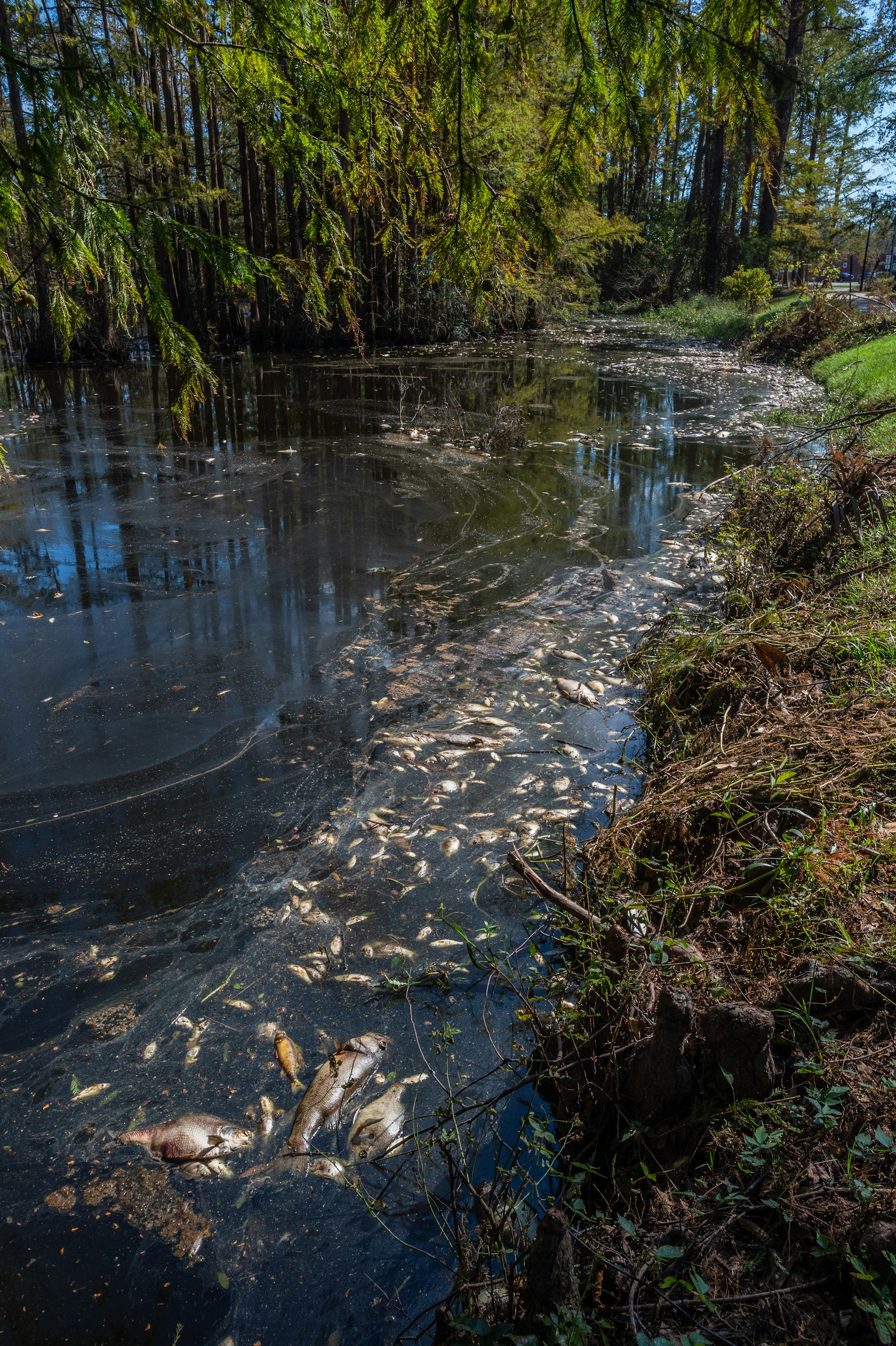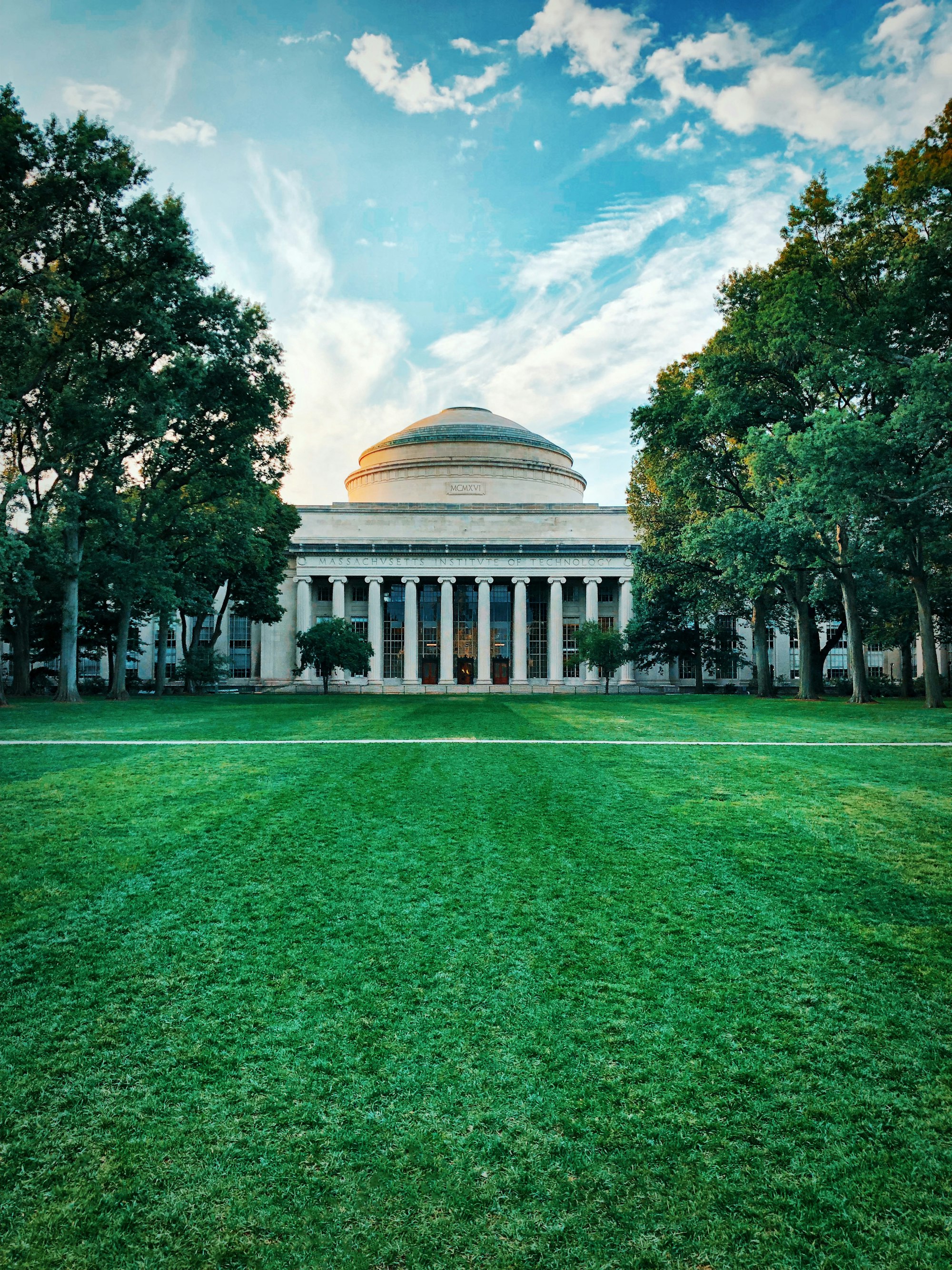An Atheist Chaplain?
Perhaps you haven't heard, but Harvard University has installed Greg Epstein -- an avowed atheist and humanist -- as president of the school's Chaplain association. Yes, you read that correctly. An atheist now heads up the chaplaincy program at Harvard, the school founded in 1636 by Puritan colonists to ensure the Christian literacy of future Christian pastors.
My, how times have changed. Yet there is more behind this election than meets the eye.

Problem 1
Epstein, author of the book Good Without God said in a recent interview:
"We don't look to a god for answers. We are each other's answers."¹
That's not the sort of advice you'd expect from a college chaplain. When a culture's general consensus becomes "there is no God" -- no external authority -- there remains no legitimate restraint to blunt the desires of the powerful. As long as those in power have a desired end, any means to that end can be justified. This may be why, when commenting on communism's destruction of life, Aleksandr Solzhenitsyn said in a 1983 address, "Men have forgotten God; that's why all this has happened."
Problem 2
According to news sources, Epstein was elected by a unanimous vote of current chaplains at Harvard – who collectively lead 44 student groups representing various religions and Christian denominations. A list of the 40+ religious groups at Harvard can be found here.
Is it possible some of these chaplains skipped the meeting where Epstein was elected? This is unknown at the moment, but I hope so (then they're not on record for voting for an atheist head chaplain). Yet, as a former campus chaplain, I viewed my representation at these "religious leader meetings" to be foundational to my call to reach the campus for Christ.
I don't know for certain that every chaplain voted for Epstein (though the news reports say so). If they did, then various Christian chaplains (including those of strong evangelical groups) voted for an atheist to be head chaplain at Harvard. Stunning. What could be their logic? Perhaps their thinking went along these lines:
- "I'll vote for Epstein for head chaplain because it really doesn't matter, anyway. It's a figurehead position that eats up someone's time – better him than me. Besides, at Harvard, this kind of thing has been reality for some time now."
- "It's not a battle worth fighting ... the risks involved far outweigh the benefits of voting against an atheist or protesting his election to this position."
- "If I vote against Epstein for Chaplaincy president, it will eventually get me ostracized at Harvard and will one day lead to our removal from campus. In other words, if I don't capitulate to an atheist as head chaplain, I'll lose the opportunity to declare Christ on campus, and students will suffer."
I think rationale #3 is the most dangerous of all. It presumes that the compromise of Christian principle and conviction can be blessed by God to produce effectiveness in reaching students for Christ. So, in the name of wanting to evangelize the lost, let's kick this can down the road. Instead of standing up for Truth, let's let it slide so we can proclaim the Truth. Yep, no holes in that argument.

A Parable of Two Lakes (Near Harvard)
Once upon a time there was a village on an isthmus of land, positioned between two lakes. The first -- Living Lake -- was vibrant and alive. The second – Dying Lake -- was disease-ridden and polluted. And of course, the fish in Dying Lake were ... well, dying. And so, some noble fisherman sought to rescue the dying fish by catching and transferring them from Dying Lake to Living Lake.
The village had a Fishing Society that regulated its fishing industry. It required all fishermen fishing in Dying Lake to bring their nets to the Society's office, for adjustment. All nets would be retrofitted with a required enhancement: a gaping hole. Practically speaking, this would ensure that no dying fish ever made it over to Living Lake.
Although the fishermen didn't like this new policy, they complied with it, comforted in the knowledge that when others asked what they did for a living, they could still say, "we fish." And once in a blue moon, they might even catch a fish, despite the gaping holes in all their nets. So, every day they continued their charade of casting their nets into the Dying Lake, but coming up empty. Successful fishing was redefined as "spending hours on the water, casting your nets," rather than "catching lots of fish." As long as you were on the water, you were a success, regardless of whether you caught any fish. Many well-heeled villagers, unable to fish themselves, financed the fishermen's efforts – holding these fishermen in high esteem.
Sadly, since so few villagers ever visited Dying Lake anymore, they couldn't see what was happening. As the lake grew more and more contaminated, dead fish began accumulating on its surface and edges. The smell was repugnant, but prevailing winds carried it beyond the noses of most citizens.

But one day ... a courageous young fisherman became fed up and decided he couldn't let Dying Lake kill any more fish. He mended every hole in his nets. Making his way down to the lake, he cast his revived nets into the water, extracting the perishing fish from Dying Lake and releasing them into Living Lake.
As you might expect, the Fishing Society was furious at the young fisherman who defied their net regulations. His fishing license was revoked, and the young man was no longer permitted to rescue fish from Dying Lake. But then, a funny thing happened. The Village newspaper wrote a story about the young fisherman, and men and women and children were awakened to the plight of these dying fish, demanding the Fishing Society change its regulations and appoint new leadership.
Years later, it was discovered that Living Lake had become quite full of the healthiest fish in all the land. And Dying Lake, though not empty of sickly fish, had an entire village of fishermen waking early every morning to rescue the willing schools of fish near the shore.
How does the Parable of Two Lakes represent Harvard and our cultural challenge?
- Harvard is Dying Lake and its students are the troubled fish.
- Harvard's Administration and Chaplaincy members constitute the Fishing Society.
- A truth-lite conviction of the gospel has cut gaping holes in the nets.
- The whatever-it-costs-rescuing-gospel of Jesus is the young fisherman's mended nets.
- The weak-kneed Christian chaplains who voted for an atheist to lead them are the compliant fishermen, who have redefined successful ministry.
- We are still waiting for a courageous young fisherman to mend his nets ...


